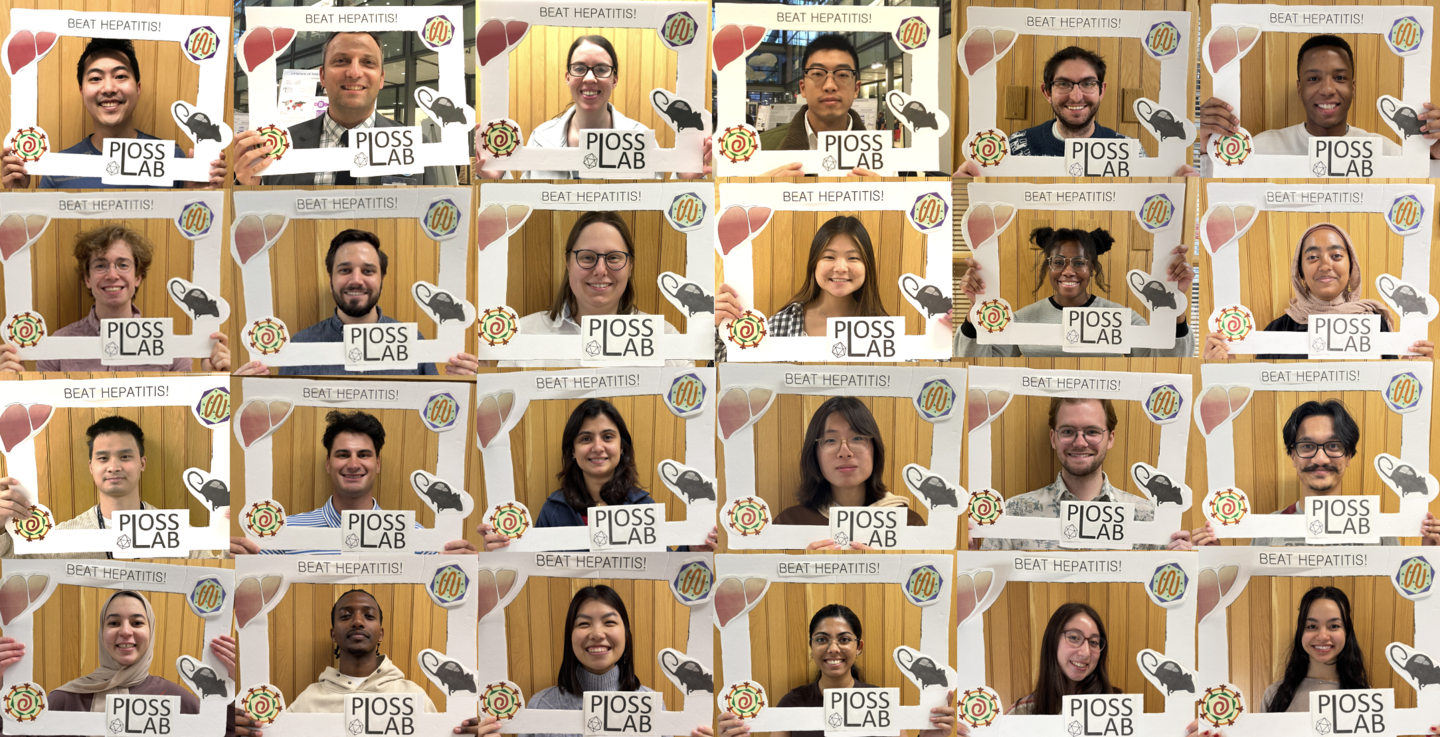Welcome to the Ploss Lab

The Ploss Lab focuses on immune responses to and pathogenesis of human pathogens infecting the liver, including hepatitis B (HBV) and C viruses (HCV), yellow fever and Dengue viruses and plasmodial parasites.
Infectious diseases account for at least 15 million deaths each year - almost a quarter of all human deaths worldwide. Against a constant background of established infections, epidemics of new and old infectious diseases periodically emerge, greatly magnifying the global burden of infections. Many pathogens causing disease in humans exhibit nearly unique human tropism, posing additional challenges for studying host-pathogen interaction and for efficiently testing anti-microbial intervention strategies. Humanized mice, i.e. mice expressing human genes or containing human tissues, have emerged as powerful systems to model human infections in vivo. We have and continue to construct humanized hosts genetically or via xenotransplantation to analyze previously intractable human (hepatotropic) pathogens. These systems offer unprecedented opportunities to effectively study host-pathogen interactions in vivo and to preclinically evaluate drug and vaccine candidates.
My group combines tissue engineering, molecular virology/pathogenesis, and animal construction, to create and apply innovative technologies for the study and intervention of human hepatotropic infections.
Contact
Ploss Lab
110 Thomas Laboratory
Department of Molecular Biology
Phone: 609-258-2914
Email: [email protected]
Twitter: @plosslab
Faculty Assistant
Marisol Cuevas
[email protected]
Thomas Laboratory
p 609-258-8956

